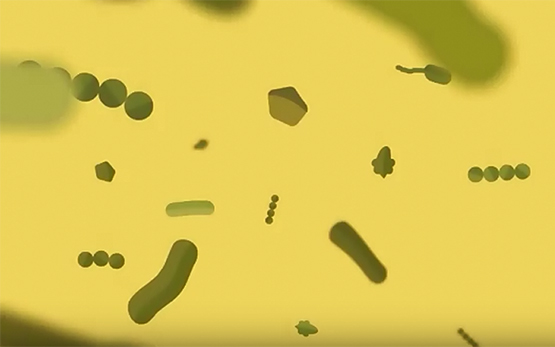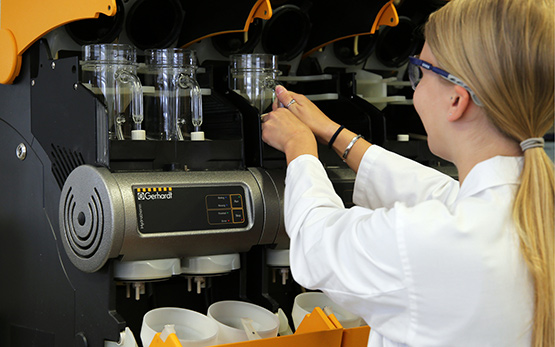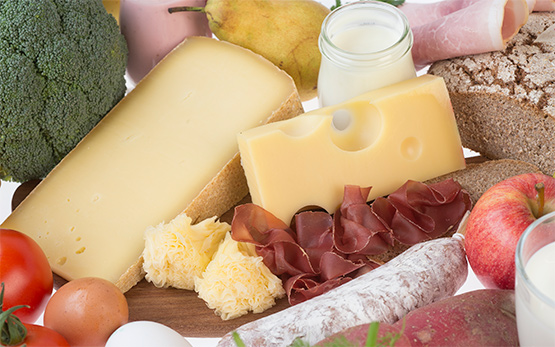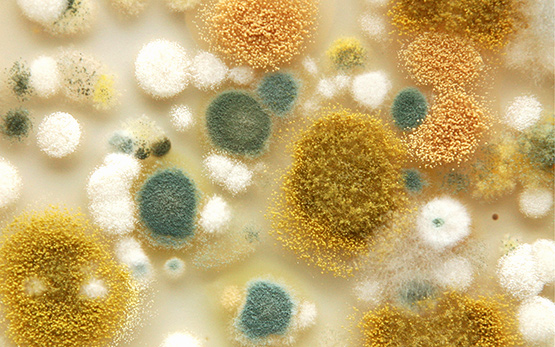Agroscope has responded successfully to the Gebert Rüf Foundation’s call for research project proposals in the subject area of ‘Microbials’, which aims to support the application and innovation potential of microbes. Of the 47 projects submitted, five finalists were selected. Two of these were Agroscope projects, which will now split a total of CHF 830,000 in funding.
Certain bacteria utilised in dairy technology possess advantageous nutritional properties. The Polyfermenthealth project aims to evaluate the potential of bacterial strains from the Liebefeld collection for producing fermented-milk products with a positive influence on health. The emphasis here is on the development of products prepared from mixtures of several strains. The technologies used include microbial genomics, biotechnology, food metabolomics, physiology, gastroenterology, immunology and bioinformatics. Led by Guy Vergères, the project will be conducted in collaboration with Prof. Andrew Macpherson of l’Hôpital de l’Ile (Bern) and Dr. Rémy Bruggmann of the Swiss Institute of Bioinformatics, also in Bern. Two PhD students will be involved in the project, which will be conducted over a period of three years. At Agroscope, Polyfermenthealth forms part of the Fermentomics project from the 2018-2021 Research Programme which is based on a collaboration among Agroscope’s Animals and Products of Animal Origin, Method Development and Analytics and Food Microbial Systems units.
Soil and plant microbiomes contain microbes that are beneficial for soil fertility and plant productivity. From the agronomic and environmental point of view, they represent a worthwhile alternative to mineral fertilisers. The Microbiome Diagnostics project aims to determine whether soil microbiome diagnostics allow us to determine the conditions for the successful inoculation of arbuscular mycorrhizal fungi which will have a positive influence on plant yields. These fungi contribute to phosphorus intake in crops by forming a symbiotic association with plant roots. The Microbiome Diagnostics project is led by Dr. Klaus Schläppi (Agroscope, University of Bern) and Prof. Marcel van der Heijden in collaboration with Dr. Natacha Bodenhausen of FiBL (the Research Institute of Organic Agriculture).
Persons responsible: Guy Vergères / Klaus Schläppi









